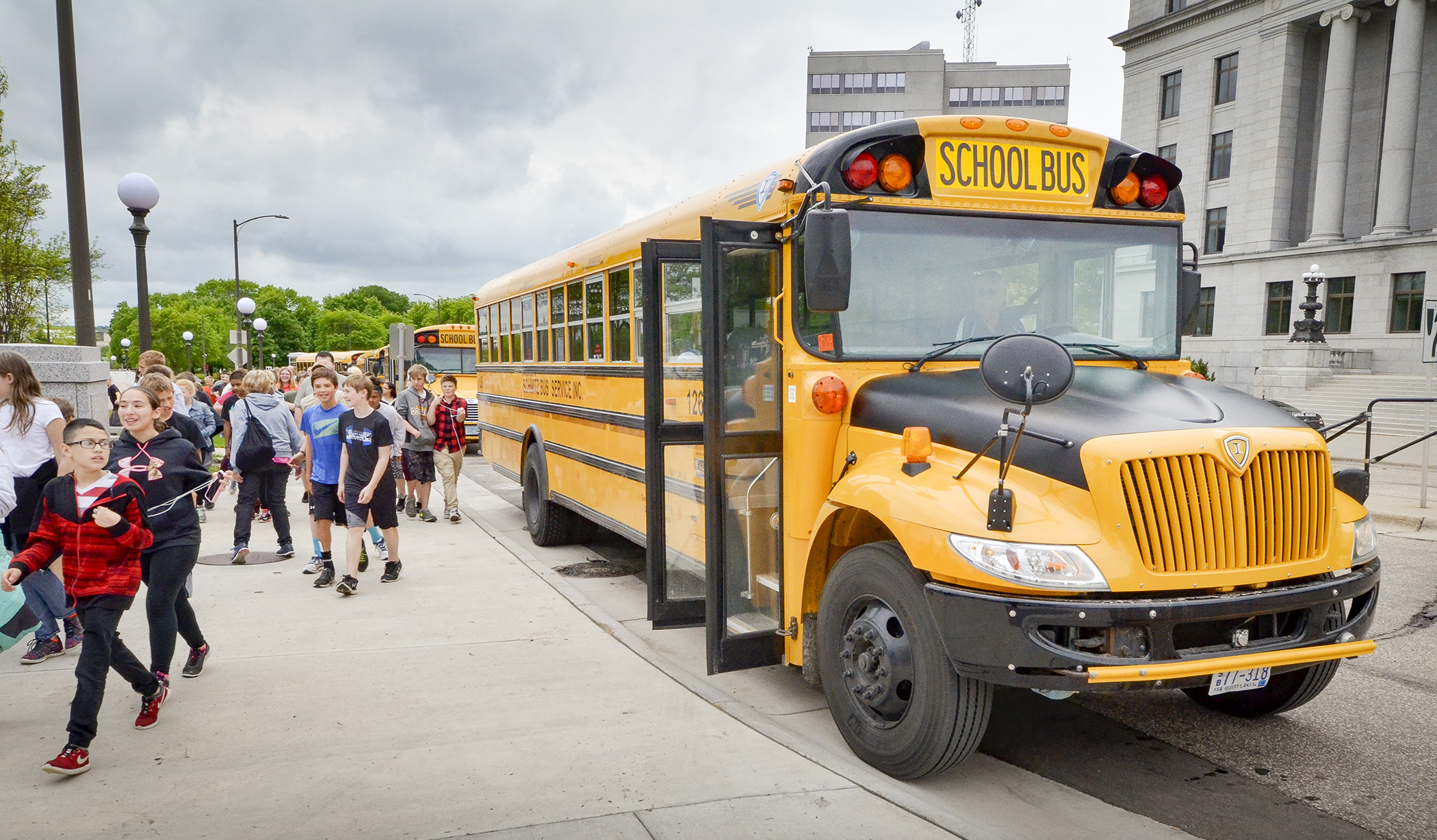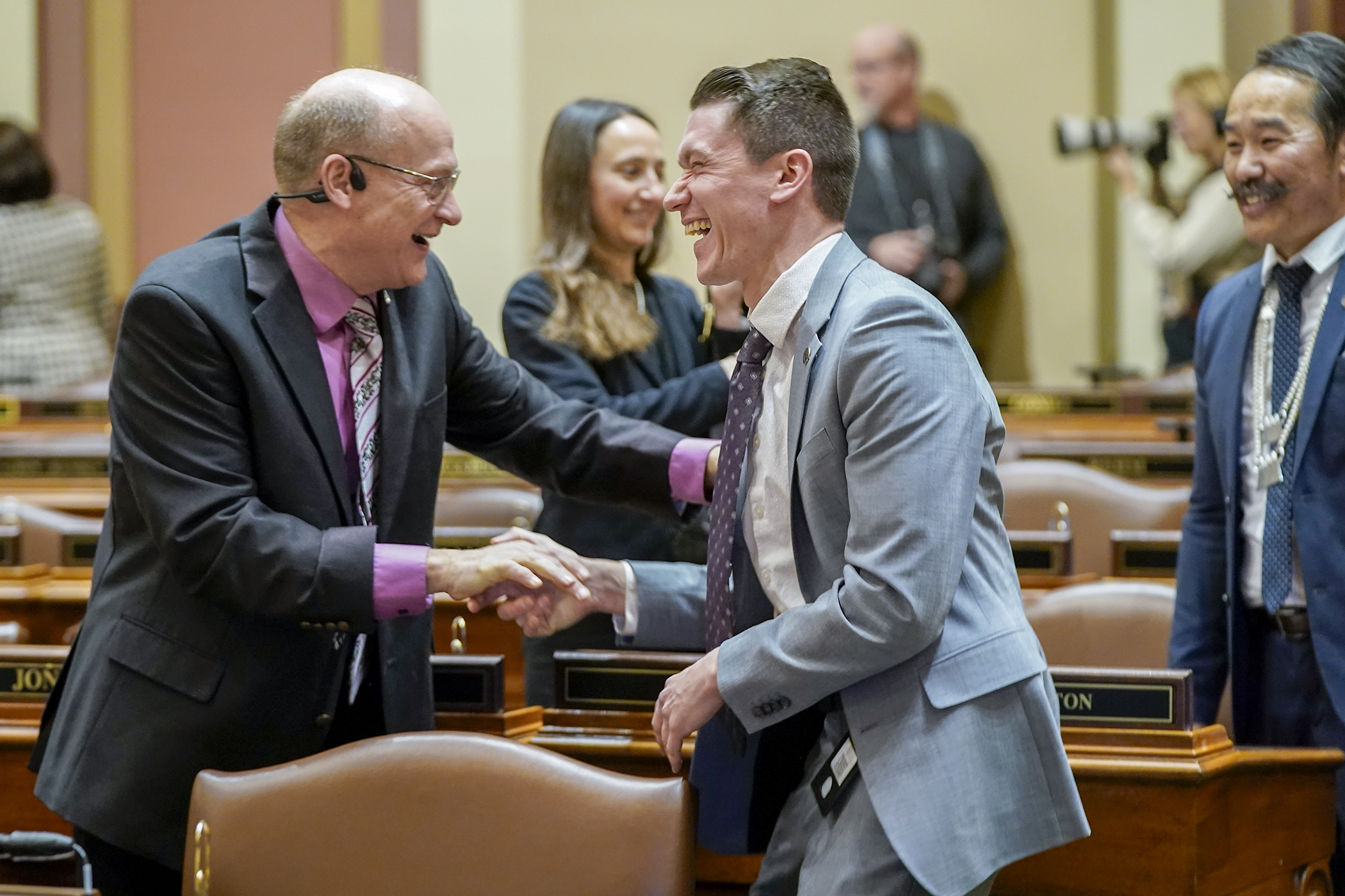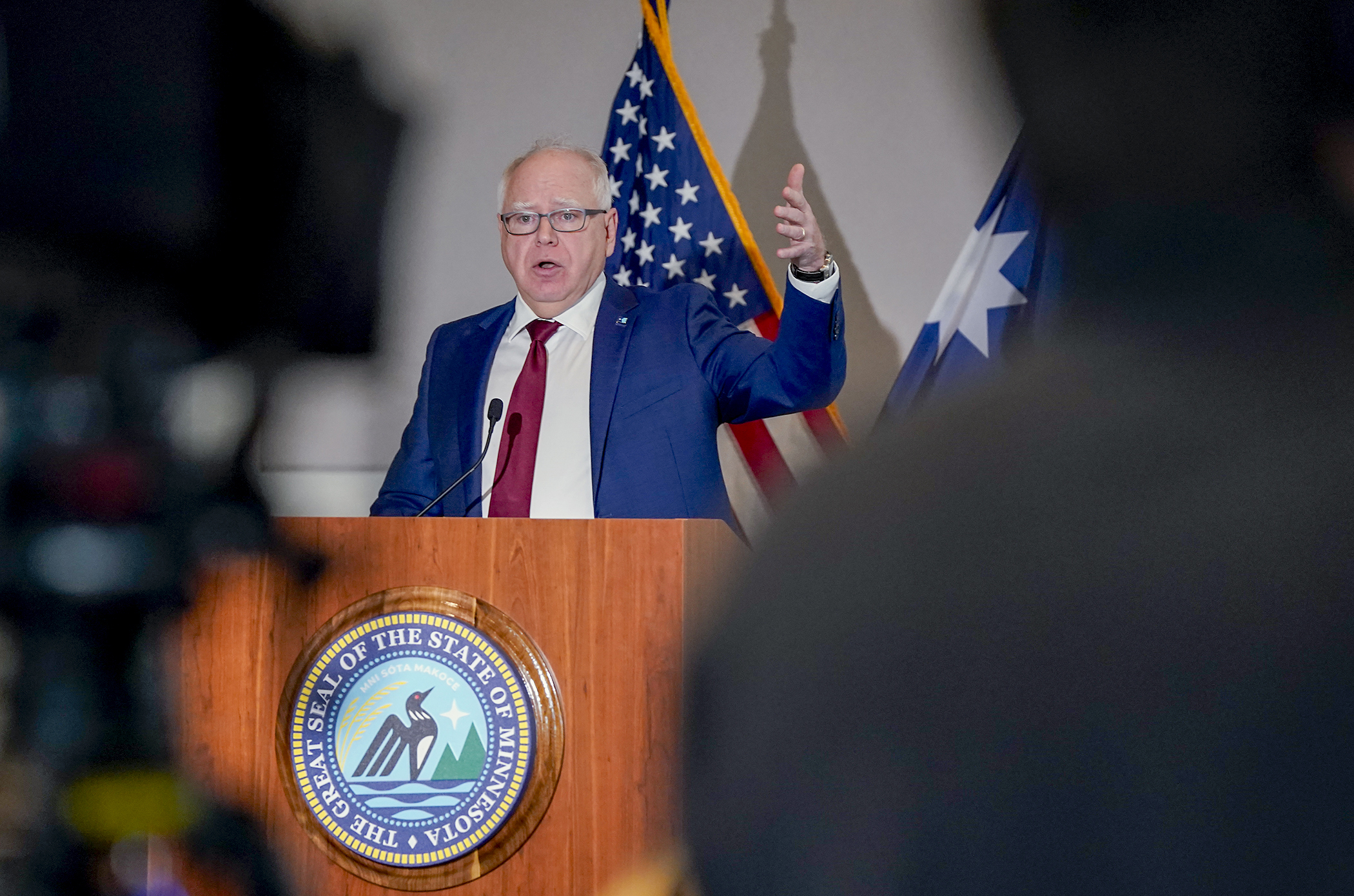House education panel advances measure aimed at protecting hourly school employees' pay

As the COVID-19 pandemic and its effects stretch on, lawmakers are in ongoing discussions about how best to provide greater protections for hourly school workers.
One proposal, HF4415, was revisited Tuesday during a remote meeting of the House Education Finance Division.
Sponsored by Rep. Jim Davnie (DFL-Mpls), the bill would require school districts and charter schools to pay hourly employees for changes in school employment practices as a result of COVID-19-related school closures and the conversion to distance learning programs.
During the meeting, considerable focus was given to an amendment that would expand the uses of the regional library telecommunications aid.
The amendment was adopted, and the bill approved on a party-line, roll-call vote. It now heads to the House Ways and Means Committee. The companion, SF4369, awaits action by the Senate E-12 Finance and Policy Committee and is sponsored by Sen. Jim Abeler (R-Anoka).
In addition to providing more flexibility for library aid uses, the amended bill would allow existing funds for programs that aren’t being fully utilized — such as school-aged care and childhood screenings — to be used for other purposes.
“We want districts to be able to access the full amount of revenue that would be available to them so that they can complete the other obligations in the bill of making sure that our hourly employees in the state schools are adequately compensated during this distance learning period,” Davnie said.
Scott Vrieze, executive director of the Metropolitan Library Service Agency, said the change being proposed would offer a great benefit to communities statewide without requiring additional funds.
“We’re not asking for additional dollars, only that library systems be given greater flexibility and latitude in allowable uses for that fund,” he said. “It’s a policy change, not a request for additional funds so it’s revenue neutral.”
The expanded use of funds would allow libraries to purchase additional Wi-Fi hotspots so more families could access the internet from home, add to their e-book and digital collections, and allow them to better partner with schools to deliver educational support in a distance learning environment, according to Vrieze.
Rep. Sondra Erickson (R-Princeton) successfully proposed an amendment that would allow districts to utilize fund balances found in accounts that are not already assigned to staff salary benefits or encumbered by federal law for other uses.
Two unsuccessful amendments were proposed, including an amendment that would have altered the bill language to reflect Gov. Tim Walz’s executive order, which provides guidance on distance learning and continued pay for school employees.
Given the uncertainty that school districts are facing due to the coronavirus, Rep. Ron Kresha (R-Little Falls), said he was offering the amendment to give them more flexibility.
“Frankly, I’m not sure we have enough information to create really tight language for our schools, and so we walked back a little bit, saying why don’t we go to an agreeable point which is the guidance from [the Minnesota Department of Education],” he said.
Davnie opposed the amendment, saying that language in the bill is clearer.
Related Articles
Search Session Daily
Advanced Search OptionsPriority Dailies
Full House convenes for first time in 2025, elects Demuth speaker
By Tim Walker DFL, Republicans convene with a quorum for the first time in 2025 session after agreeing to a power-sharing deal.
DFL, Republicans convene with a quorum for the first time in 2025 session after agreeing to a power-sharing deal.
Walz proposes slimmed-down 2026-27 state budget, sales tax changes
By Tim Walker This is an odd-numbered year, and so the Legislature is constitutionally required to craft a budget to fund the state government for the next two fiscal years.
Gov. Tim Walz...
This is an odd-numbered year, and so the Legislature is constitutionally required to craft a budget to fund the state government for the next two fiscal years.
Gov. Tim Walz...